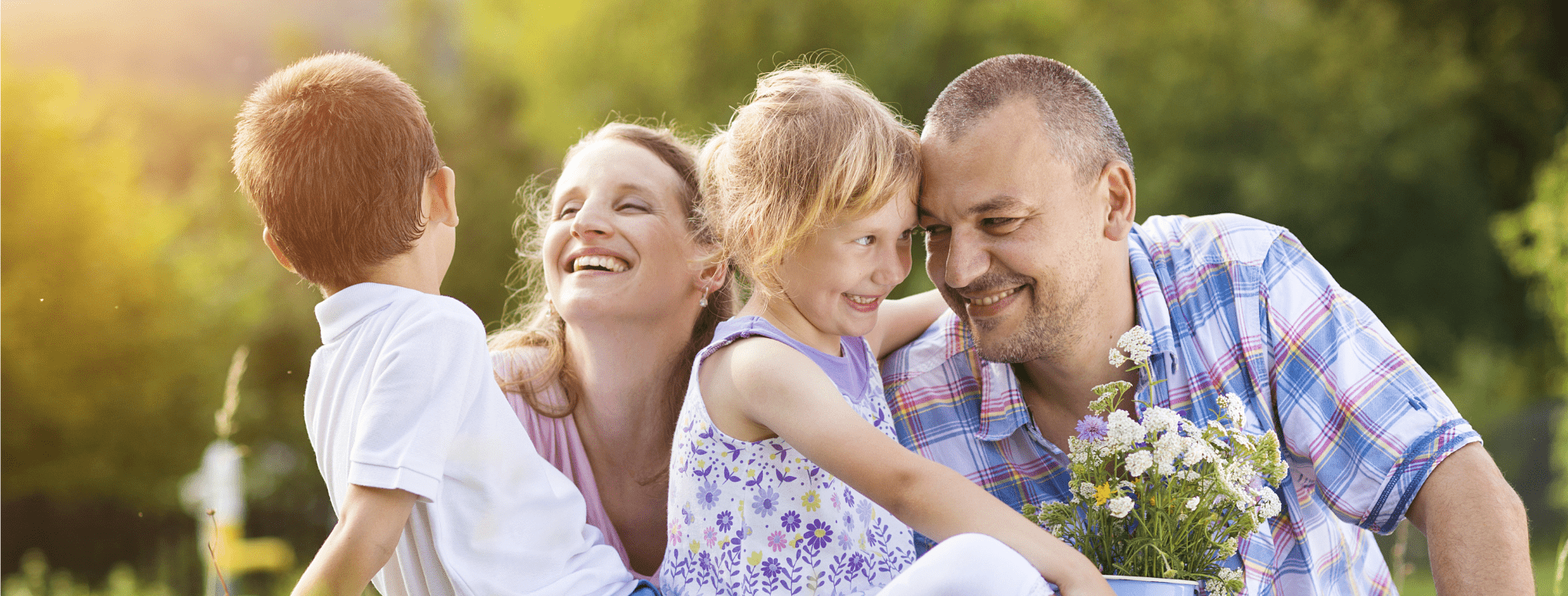We make some huge investments in our life. Examples include work, family, education, cars, houses, holidays and our children. When we invest precious time in our children we build the underlying skills and behaviours essential to a child’s lifelong learning, behaviour and health.
Early experiences set the pathways for a child’s life. We want a future where our children flourish, not just function. So, how do we achieve this and focus on what will benefit our children most?
Over the past decade, positive psychology has grown in prominence across educational and parenting platforms. It focuses on what joyful, resilient and well-adjusted people do. By doing so we can help children learn and develop the skills needed to flourish.
Here are five ways we can invest in our children.
- Make Time for Connection and Fun
Children learn to be strong and independent through positive relationships. Spending quality time where you both experience humour, affection and joy results in positive emotions. These positive emotions strengthen connection and build a sense of belonging. Savouring joyful moments with your child encourages them to do the same and creates lasting and meaningful memories.
- Make Time to Cherish What We Value
Our values impact how we choose to spend our time, and make us who we are. Share your values with your child, family and community. When children are in an environment that shares and fosters their values, they feel secure, happy and energised. Make a list with your child of your family values, and encouragingly point out when your child chooses those values.
- Make Time to Focus on Feelings
Take a moment to identify with your child how they feel and how their body responds when experiencing different emotions. Share with children that feelings are not good or bad, it is the choices we make when we experience these emotions that can require guidance or support. Sometimes, by simply naming an emotion, we bring awareness to the feelings we experience. Over time, we are helping our children to develop self-awareness to organise their emotions.
- Make Time to Strength-Spot
Children are superheroes. Every child has individualised character traits for thinking, feeling and behaving. When children embrace their strengths, they are energised and confident. Children need help to develop an awareness of their strengths, but by having this awareness children’s self-esteem is boosted.
- Make Time to Develop a Growth Mindset
Having a growth mindset enables a child to focus on the journey, create a love of learning and to realise setbacks and challenges are all part of the process. With a growth mindset children understand their abilities can be developed through effort, dedication and persistence. A growth mindset is a valuable tool, especially when approaching new and challenging situations, such as learning to play soccer or starting a new school. By thinking growth, being open-minded and realising they have ownership, children see the world as a place of opportunities.
Investing in your child’s wellbeing is an investment in our future. Children with a positive wellbeing learn inner resources which they can draw upon to navigate challenges and savour the joyfulness they will encounter. The biggest and best investment we can give our children is our time and there are a myriad of ways we can give it.





